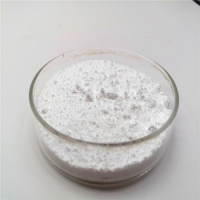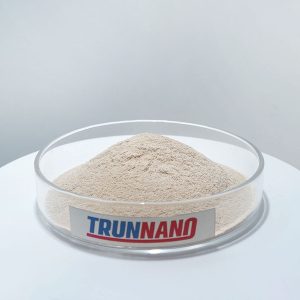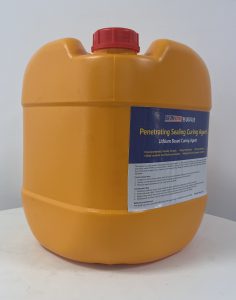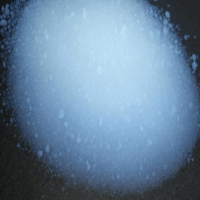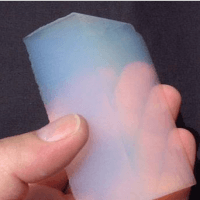Professional solutions on concrete addtives, Concrete Foaming Agent, Superplasticizer, CLC Blocks Additives, and foaming machine
(Introduction to Concrete Additives (2))
The concrete additive is a material that can improve the properties of the concrete mixture or hardened concrete by adding not more than 5% of the weight of cement in the process of mixing concrete (except for special circumstances).
Using concrete additives is one of the most effective ways to improve concrete strength, improve performance and save cement and energy.
There are various types of concrete additives. In the last article Introduction to Concrete Additives (1), we talked about concrete water reducers and early strength agents. In this article, the set retarder, the air-entraining agent, and the accelerating agent are going to be talked about.
Set retarder:
Set retarders are additives that slow the hydration rate and heat of cement and gypsum, and prolong the setting time. The purpose of adding retarder in commercial concrete is to prolong the hydration and hardening time of cement so that the new mixed concrete can maintain plasticity for a longer time, so as to adjust the setting time of the new mixed concrete.
Hardening effect:
1. The impact on strength: Excessive mixing will cause concrete 24 hours or even 72 hours is still not solidified, thus affecting the need for early strength of concrete and delaying the construction progress. There is no obvious influence on the concrete of proper age.
2. The impact on shrinkage: Moderate use has no obvious effect on shrinkage. When excessive use can cause coping concrete because moisture evaporates excessive generation dry crack contraction and contraction crack.
3. The impact on antifreeze durability: The antifreeze durability of concrete mixed with retarder is similar to that without retarder.
Air entraining agent:
The air entraining agent is a hydrophobic surface-active agent, dissolved in water after joining the concrete mixture, in the mixing process can produce a large number of tiny bubbles.
Air entraining agents can improve the workability, water retention, and cohesion of concrete mixture, improve the fluidity of concrete, and introduce a large number of admixtures evenly distributed, closed, and stable small bubbles in the mixing process of concrete mixture.
The main varieties of air entraining agents include rosin resin, alkyl and alkyl aromatic sulfonic acid, fatty alcohol sulfonic acid, saponin and protein salt, petroleum sulfonic acid, and so on. The commonly used dosage is cement weight 50 ~ 500ppm. Air entraining agent is mainly used for structures with high freezing resistance requirements, such as concrete dams, road surfaces, bridge decks, aircraft yard track surfaces, and other large areas vulnerable to freezing.
Accelerating agent:
The accelerating agent is a kind of additive that can make concrete quickly set and harden when added to concrete. The main types are inorganic salts and organic species. Powdery solid, its admixture dosage accounts for cement dosage in concrete only 2% ~ 3%, but can make concrete in 5min initial coagulation, accelerating agent in 12min condensation. In order to achieve the purpose of rush repair or fast condensation of concrete in the tunnel. It is an indispensable additive in the shotcrete construction method. Their function is to speed up the hydration and hardening of cement, forming sufficient strength in a very short period of time to ensure the requirements of special construction.
Suppliers of Concrete Additives
TRUNNANO is a reliable concrete additives supplier with over 12-year experience in nano-building energy conservation and nanotechnology development.
If you are looking for high-quality concrete additives, please feel free to contact us and send an inquiry. (sales@cabr-concrete.com)
We accept payment via Credit Card, T/T, West Union, and Paypal. Trunnano will ship the goods to customers overseas through FedEx, DHL, by air, or by sea.
(Introduction to Concrete Additives (2))



